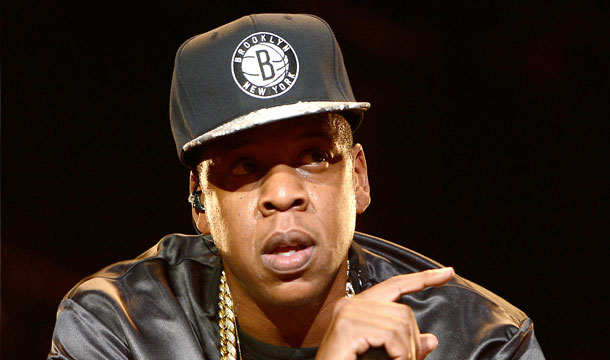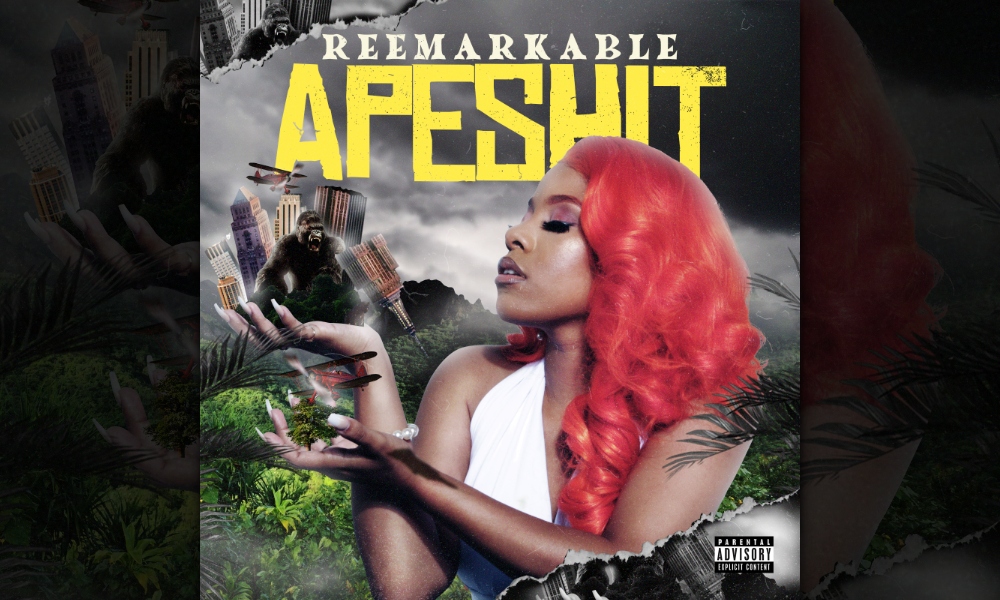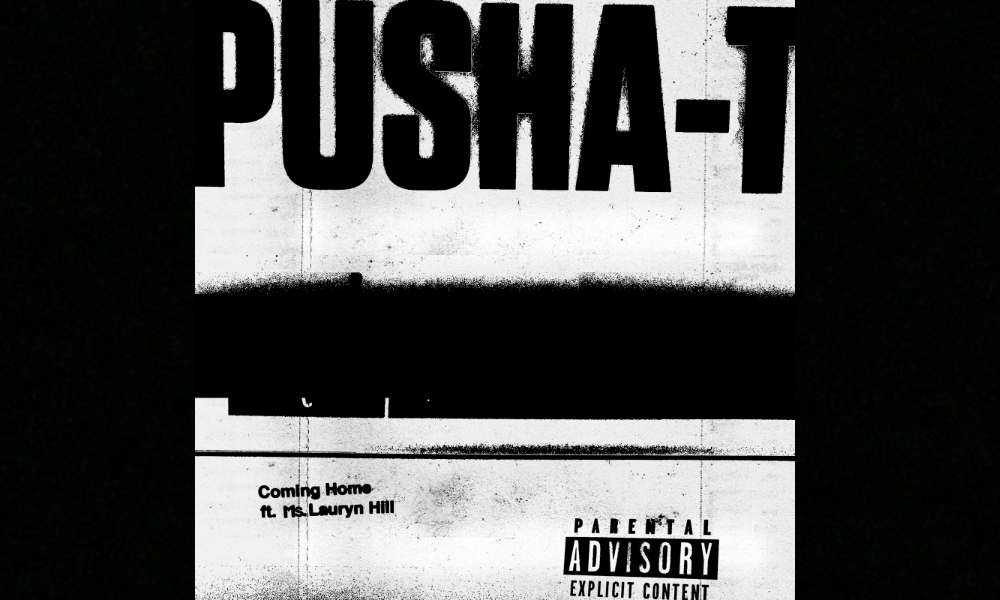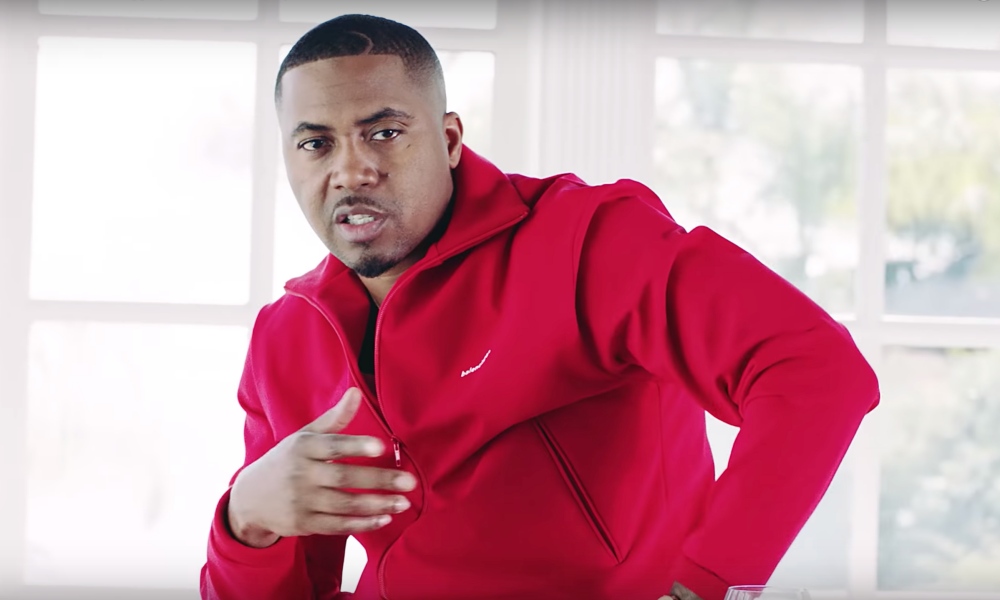Jay Z has been hit with a copyright lawsuit by a New York City record label, who claims the rap mogul used an unlicensed sample for his 2009 hit “Run This Town,” which features Rihanna and Kanye West.
TufAmerica filed the a copyright infringement lawsuit in Manhattan court on Wednesday (November 6), claiming Jay Z sampled "Hook & Sling", a 1969 tune by singer Eddie Bo and producer Al Scramuzza, without their permission. The company is seek monetary proceeds and wants further distribution of “Run This Town” halted.
The suit names Jay-Z, his Roc-A-Fella Records, LLC, Atlantic Recording Corp as well as a few others as defendants. This is the third time TufAmerica sued Jay-Z's Roc-A-Fella this year. The first two were apparently settled out of the court.
According to WENN, TufAmerica Inc. is described by the New York Times as a company that makes money from "buying the rights to old songs and suing artists who sample them without permission." Last year, they accused Beastie Boys of illegally featuring samples of Trouble Funk's songs in their albums, 1986's "Licensed to Ill" and 1989's "Paul's Boutique".
You may have heard of the recent lawsuit that Jay Z is facing over his hit song “Run This Town” from 2009.
The rapper, who has been in the music industry for decades and is known for his successful business ventures outside of music, is now being accused of copyright infringement by a record label affiliated with soul singer Eddie Bo.
The allegations against Jay Z claim that he used an unauthorized sample of Eddie Bo’s song “Hook & Sling Part 1” in “Run This Town,” which features Rihanna and Kanye West.
While sampling has long been a common practice in the music industry, it can be a complex legal issue when permissions are not properly obtained.
In this article, we will delve into the specifics of this case and explore the complexities surrounding sampling in the music industry.
The Allegations Against Jay Z
You might be feeling shocked to hear that Jay Z is being sued over allegations related to his 2009 hit ‘Run This Town.’ The lawsuit claims that the rapper used a sample without permission from a man named Michael Medina, who alleges that he created the original recording in question.
Specifically, Medina claims that he recorded a musical composition called ‘Pa’ Pa’lante Siempre’ back in 1969, which contains an audio clip of his late sister’s voice speaking. He alleges that Jay Z incorporated this clip into ‘Run This Town’ without obtaining proper clearance or compensation.
The lawsuit seeks damages for copyright infringement and unjust enrichment, with Medina claiming ownership of the sample and seeking profits from its use.
While it remains to be seen how this case will play out in court, it serves as a reminder of the importance of properly obtaining permission for any samples used in music production.
The Complexities of Sampling in the Music Industry
Navigating the intricacies of sampling in the music industry can be a challenging endeavor for both established and up-and-coming artists alike. It involves not only understanding the legalities behind using copyrighted material but also being able to creatively incorporate those elements into one’s own work. This is where things can get tricky.
Sampling has become a crucial aspect of modern-day music production, with many artists relying on it to create their soundscapes. However, there are certain rules that must be followed when sampling, such as obtaining clearance from the original copyright holder and paying any necessary fees. Failure to do so could result in legal action, as we’re seeing with Jay Z’s recent lawsuit over his use of a sample in ‘Run This Town’.
The complexities of sampling mean that even the most experienced musicians can fall foul of copyright laws if they’re not careful. As such, it’s important for artists to seek legal advice and thoroughly research any samples they plan to use before incorporating them into their work. By doing so, they can ensure that their creations are not only legally sound but also reflect their unique artistic vision.
Conclusion
So, there you have it. You’ve learned about the lawsuit filed against Jay Z over his song ‘Run This Town’ from 2009.
The allegations claim that the track illegally used a sample from a master recording by Eddie Bo, a New Orleans musician who passed away in 2009.
This case highlights the complexities of sampling in the music industry and serves as a reminder to artists to ensure they obtain proper clearance for any samples used in their work.
It also raises questions about how long after an artist’s death their work should remain protected and whether or not it’s fair for lawsuits to be filed posthumously.
Only time will tell how this case will play out, but one thing’s for sure – it’s another example of why it’s important for musicians to understand the intricacies of copyright law when creating new music.
Founder and Creator of Singersroom.com and IncredibleWork.com. Follow me on Instagram at @gary.gentles.








